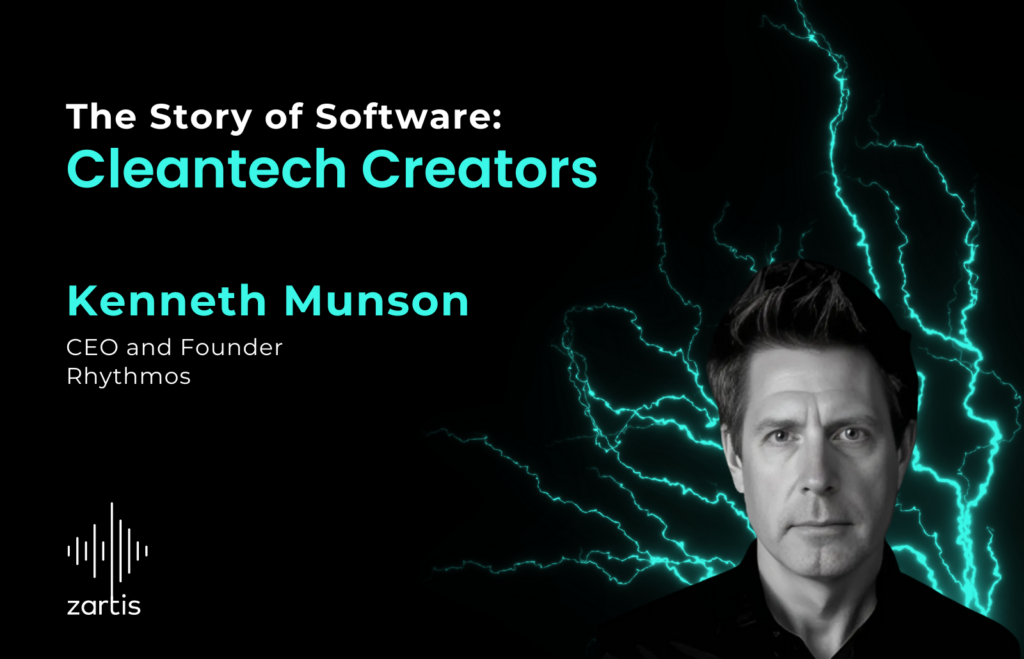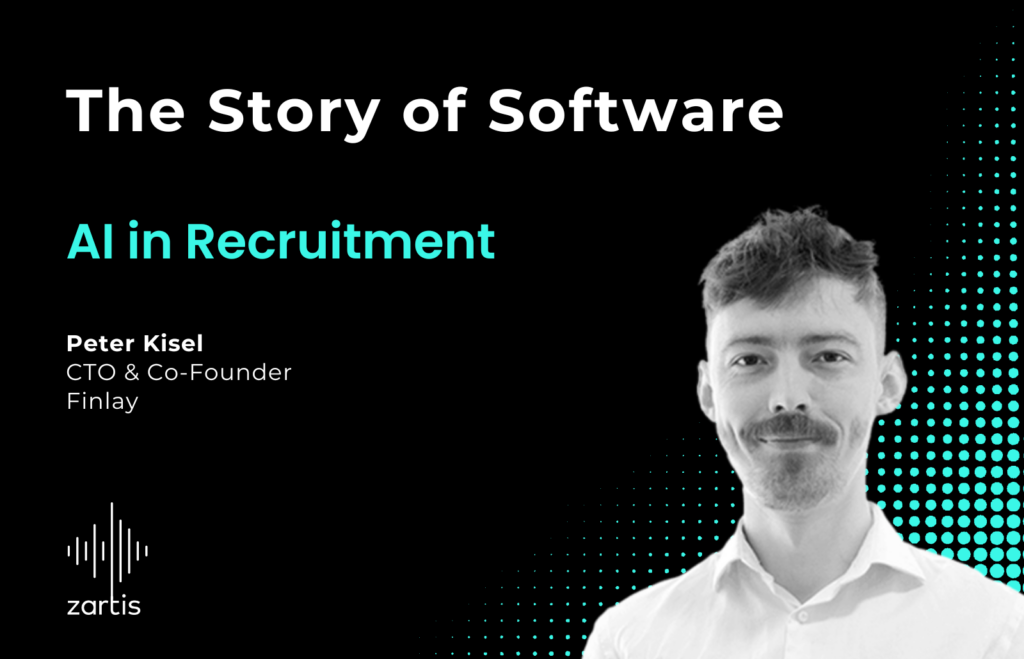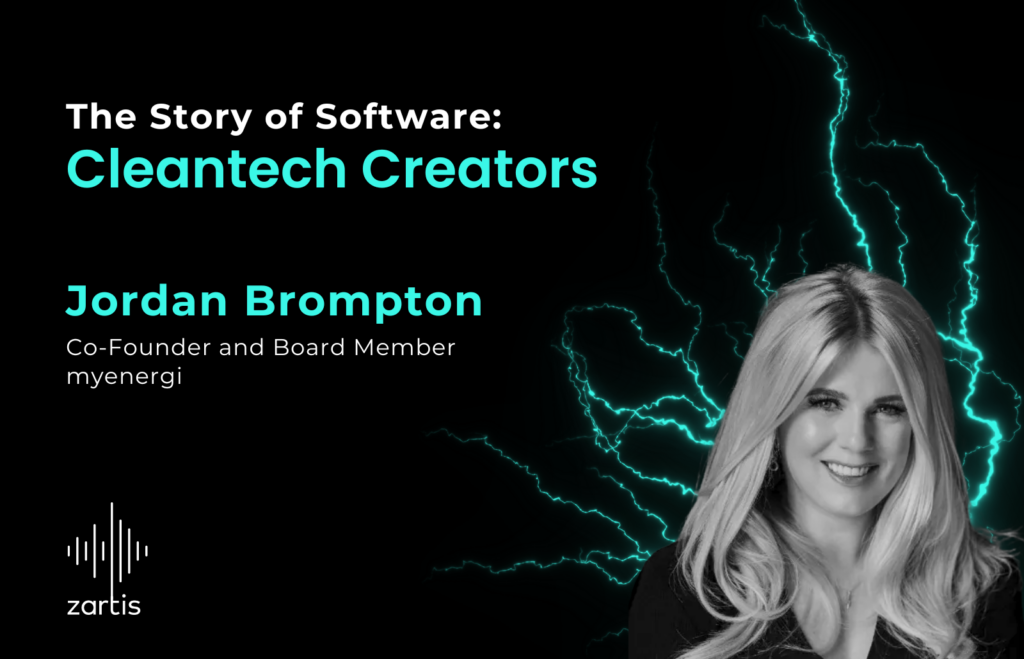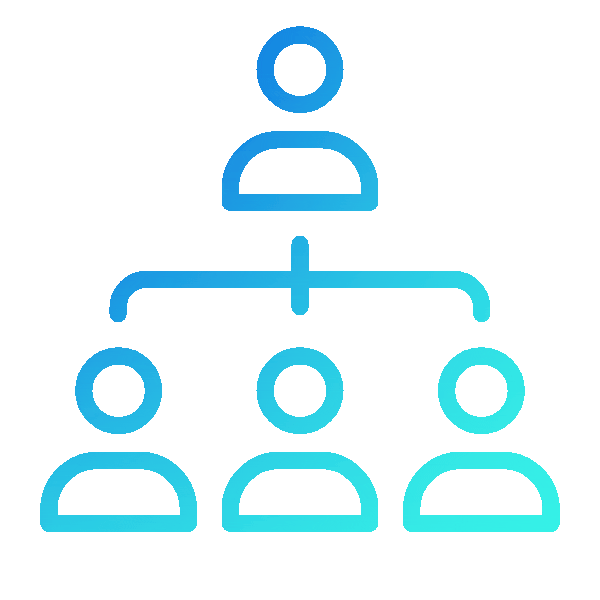The Guest – Ron Danenberg, CTO at Kolleno
Ron Danenberg, is the CTO & Co-founder of Kolleno, a company on a mission to help businesses streamline credit control and collections. Kolleno automates key credit control functions and uses intelligent omnichannel communications to recover outstanding payments.
Growing A Business and A Team
We’ve all heard the odds, 9 out of 10 startups fail. With so much pressure on entrepreneurs to succeed, how can a one or two-person team excel and grow sustainably? What are some of the early-stage considerations and decisions that make a difference?
Some of the topics covered in this episode include:
- The benefits of an entrepreneurial mindset.
- The importance of the initial idea and team selection.
- The challenges and opportunities within the first years of growth.
- How to interview & hire team members consciously.
Highlight:
Transcript (abridged version):
[…]
Ron, was there something you learned from growing up in an entrepreneurial household that’s been useful for you in your career and in your current role?
I think what you’re saying is right, and it can be any type of business your parents had. Like one of your parents having a restaurant, for example, you probably would often go there after school, on the weekends, and you will see them work. So, I think it gives you that sense that work is part of life and it’s not just Monday to Friday. That’s also why that mentality of Friday, and ‘I am looking forward to the weekend’ is like trying to escape. I think it’s something you have to think about, work is just part of life, like anything else. Especially when you have been around entrepreneurs in one way or another, one important thing you learn is that if you don’t do it, nobody will. Good days and bad days always come. If you have a good day, a bad day will come and if it’s a bad day then you know a good day will come. […]
I’d love to ask you about how you can avoid common mistakes that happen when you’re scaling a team. What are the opportunities? And what should be done when you’re going from a team of one engineer and suddenly you’re adding more people to the mix? How do you make it all work coherently when you’re obtaining that greater scale?
It’s a lot of chaos, right? You can call it organized chaos, but it’s still the case. So I think every tech team where I worked, even at Expedia, where I was part of the SEO team, I was the first techie and so, you know, I understood that decisions you take at the beginning of a project will have a much bigger impact than you think. There’s that idea of technical debt and the impact is so big if you don’t think about them in the beginning. You know, even things like the IDs in your database if you do incremental IDs – okay, it’s nice, it works, but it has disadvantages, you can get into a collision if you write into the database at the same time. But if you don’t do it on day one, then you have a big product, so it’s really hard to change the primary key in the database. But I think on a human level, don’t be protective of your code. And what I mean by that is that it’s a means to a goal, not the goal itself. When you are in the early days, and you’re the only developer, your code is your project, but when you bring in more people, you need to teach them and you need to show them. They start touching stuff, so you need to put rules and guidelines on the way the code is written and accept to let go. You do less hands-on to give responsibilities to others. You need to trust people, especially if it’s the first time you grow a team. I remember in the early days, I was very worried like what did we break right now, maybe I should just do it myself – but that’s short-term thinking, right?
[…] I’d love to ask you what are the good and the bad aspects of entrepreneurship? Everything in life has its positives and negatives, so when you consider entrepreneurship and what it’s meant for your life, what are the good things and the bad?
Yeah, I mean from the good things, it’s amazing to have that sense of building something. You feel, as soon as you’re on a project, that you’re a real part of it and you don’t just execute what other people tell you. That’s what we really want – to have people who have an entrepreneurship mindset take ownership, up to a point at least, and that they can take initiative. I think that freedom which maybe you know you can’t have in many jobs, that’s very rewarding.
On the flip side of that, as an entrepreneur, again, if you don’t do it, nobody will, right? So it can be something like, you are always working for your clients or developing some new parts of your product but then somebody needs to take a look at your accounting. You’ve got to do it. It’s not fun, entrepreneurship can have some stress. I think some people can get very stressed with it because when something doesn’t work, there’s nobody to call. You just have to do it.
[…]
—
You can find The Story of Software podcast on:
Apple Podcasts, Spotify, Stitcher, Deezer, & any other podcast platform of your choice.
The Story of Software Podcast is produced by Zartis. We hope you enjoy listening to this tech podcast and feel free to share any feedback with us: podcast@zartis.com







